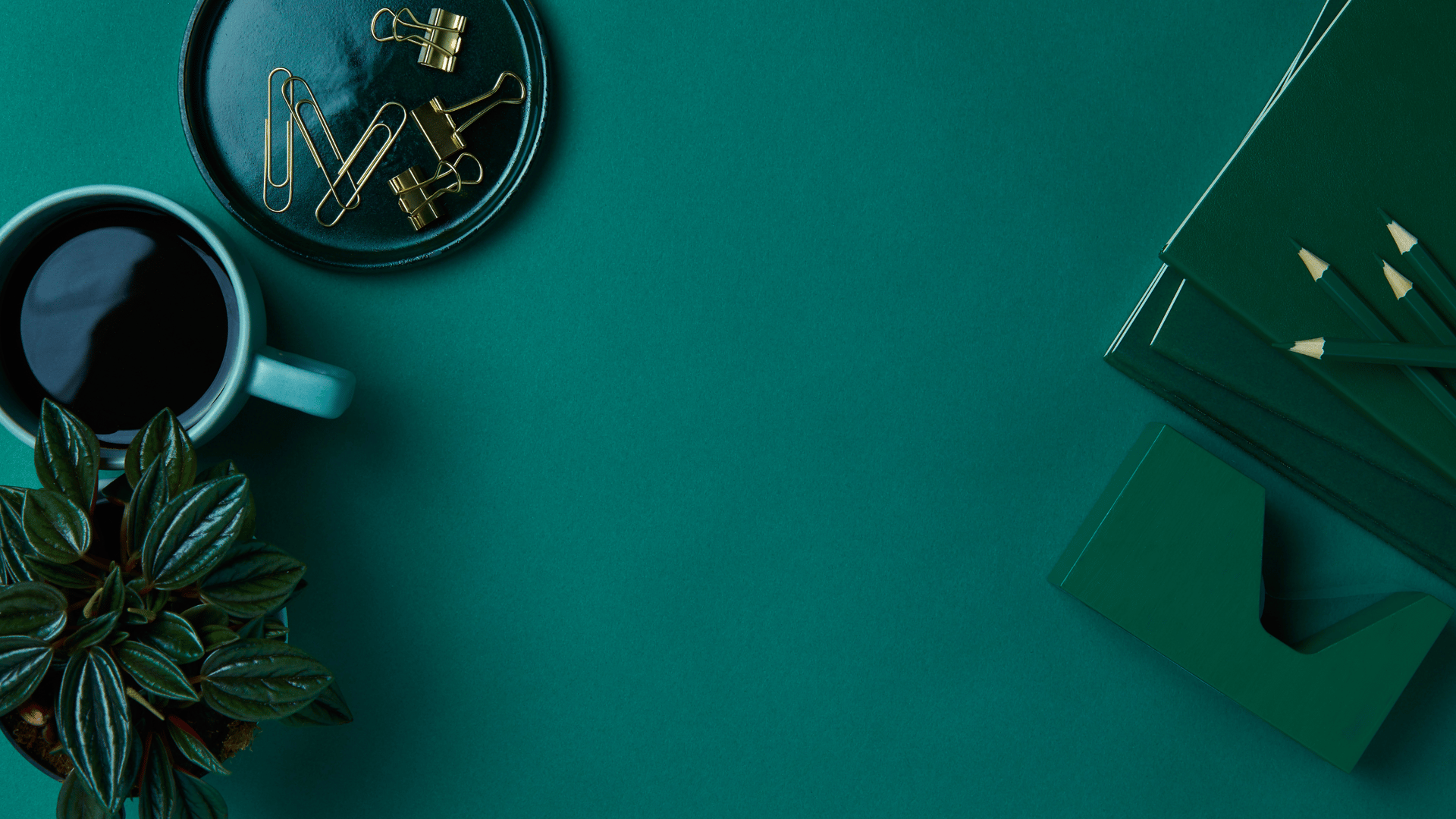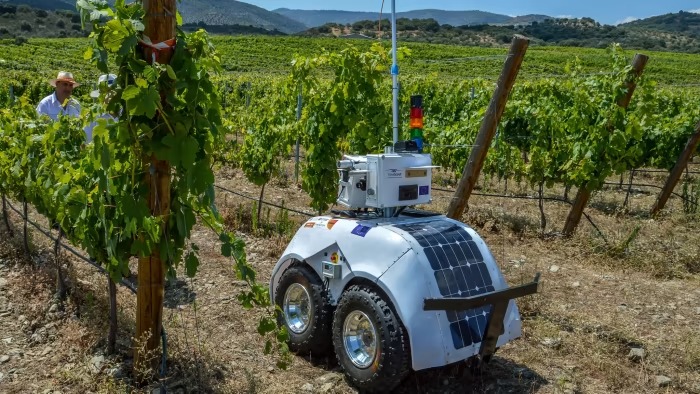
Subscribe to our newsletter
The Role of Technology in the Luxury Wine Market
9/19/20243 min read


Introduction
Welcome back to WineLux, where we delve into the luxurious and evolving world of fine wines. This week, we explore the transformative role of technology in the luxury wine market. From vineyard management to the way collectors buy and sell wine, technological advancements are reshaping the industry, enhancing quality, and expanding opportunities for investors and enthusiasts alike.
Innovations in Vineyard Management
Technological advancements have significantly improved the efficiency and quality of vineyard management, leading to better wine production.
1. Precision Viticulture
Drones: Drones equipped with multispectral cameras provide detailed aerial imagery, allowing vintners to monitor vine health, identify pest infestations, and assess soil conditions.
GPS and GIS: GPS (Global Positioning System) and GIS (Geographic Information Systems) technologies enable precise mapping of vineyards, helping in optimal vine placement and resource management.
2. Automated Systems
Irrigation: Automated irrigation systems, controlled via smart devices, ensure precise water application, conserving resources and maintaining vine health.
Harvesting: Mechanical harvesters with advanced sensors can selectively harvest grapes at peak ripeness, enhancing the quality of the wine.
Technological Advances in Winemaking
Modern technology has revolutionised winemaking, allowing for greater control over the production process and improving the quality of the final product.
1. Fermentation Monitoring
Smart Fermentation Tanks: Equipped with sensors, these tanks provide real-time data on temperature, pH levels, and sugar content, allowing winemakers to make precise adjustments.
Automated Systems: Automated systems control temperature and oxygen levels during fermentation, ensuring consistent and high-quality results.
2. Quality Control
Spectroscopy: Techniques like infrared spectroscopy are used to analyse grape composition and predict wine quality, enabling better blending decisions.
Laboratory Testing: Advanced laboratory equipment allows for comprehensive testing of wine at various stages of production, ensuring it meets quality standards.
Blockchain and Wine Authentication
Blockchain technology is enhancing transparency and security in the wine industry, particularly in the authentication of luxury wines.
1. Provenance Tracking
Immutable Records: Blockchain creates a tamper-proof digital ledger of a wine’s journey from vineyard to bottle, ensuring authenticity and provenance.
Consumer Trust: This transparency builds consumer trust, particularly in the high-end market where counterfeiting can be a significant issue.
2. Smart Contracts
Secure Transactions: Smart contracts automate and secure transactions between buyers and sellers, reducing the risk of fraud and ensuring smooth trades.
The Rise of Digital Wine Marketplaces
Digital platforms are transforming how collectors buy and sell wine, making the market more accessible and efficient.
1. Online Auctions
Global Reach: Online auction platforms like Sotheby’s and Christie’s offer a global marketplace for fine wines, expanding access for buyers and sellers.
Convenience: Collectors can participate in auctions from anywhere, broadening the pool of potential buyers and sellers.
2. Wine Investment Platforms
Fractional Ownership: Platforms like Vinovest allow investors to buy shares in high-value wines, making fine wine investment more accessible.
Portfolio Management: These platforms provide tools for tracking the performance of wine investments and managing portfolios effectively.
Artificial Intelligence in Wine Tasting and Marketing
AI is making its mark in wine tasting and marketing, offering new ways to enhance consumer experiences and target audiences more effectively.
1. AI-Powered Tasting
Flavour Profiling: AI algorithms can analyse consumer preferences and suggest wines based on individual taste profiles.
Virtual Tastings: AI-driven virtual tastings provide personalised recommendations and educational content, enriching the tasting experience.
2. Marketing and Sales
Predictive Analytics: AI helps wineries predict market trends and consumer behaviour, enabling more effective marketing strategies.
Customer Engagement: AI chatbots and virtual assistants enhance customer service, providing instant support and personalised
Case Studies: Technology in Action
1. Château Pape Clément, Bordeaux
Overview: This historic estate uses drones and satellite imagery for precision viticulture, ensuring optimal vine health and grape quality.
Impact: These technologies have improved vineyard management and enhanced the overall quality of their wines.
2. Penfolds, Australia
Overview: Penfolds utilises blockchain technology to authenticate its premium wines, providing consumers with a secure and transparent way to verify provenance.
Impact: This initiative has increased consumer confidence and protected the brand from counterfeit products.
Conclusion
Technology is revolutionising the luxury wine market, from the vineyard to the consumer’s glass. Embracing these innovations not only enhances the quality and authenticity of wines but also opens up new avenues for investment and enjoyment.
Stay ahead in the ever-evolving world of luxury wines. Subscribe to our WineLux newsletter for the latest insights, technological advancements, and expert advice on fine wine investing and collecting. Join us on this exciting journey of innovation and discovery.
